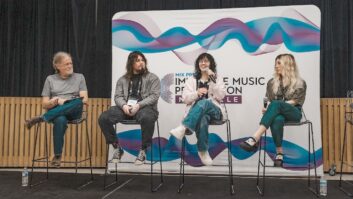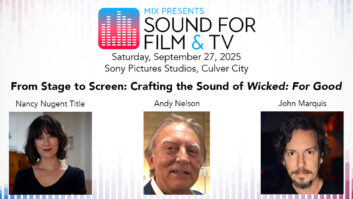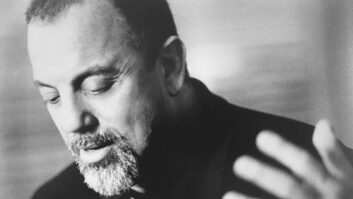Okay, so maybe “good” isn’t the right word. Probably not “noble” or “moral,” either. But at least back in the early ’80s, when the term “hacking” entered the vernacular, there was something of a code to the practice, and a certain Bonnie and Clyde–type appreciation for the culture. Hackers were the outcasts, the pale skinny kids who were bullied and belittled in their teens, who stayed in their rooms and played Dungeons and Dragons and customized videogames. These were the inhabitors of the earliest chat rooms, the nerds who used their skills anonymously to expose corruption or change their own letter grades. They were odd, borderline cultish. They were no doubt criminal in some cases. But they weren’t evil.
At least that was the popularized perception, characterized as early as 1983 by Matthew Broderick in War Games, followed the next year by a much darker Henry Dorsett Case and Molly Millions in William Gibson’s Neuromancer. This was 1984! Desktops were rare! You logged on with a C:> prompt, leaving the B Drive open for storage because the A Drive was running the application! The hacker club was small and, at least in the fiction of the time, somewhat honorable. At the same time, in the real world, hacker stories were just as likely to be about a lone wolf exposing a Fortune 500 security weakness (through an email to the very company) as they were about a cybercrime. In 1986, after his arrest, Lloyd Blankenship wrote an essay called “The Conscience of a Hacker,” sometimes referred to as The Hacker’s Manifesto. In it, he made clear that a hacker was driven by curiosity, and that malice or subterfuge had no place at the table.
Then, over the ensuing 25 years, as the World Wide Web went mainstream and hundreds of millions of users joined the party, baser instincts seemed to take over. We got worms and viruses and identity theft. Credit card scams and phishing and “leaks.” Sharpies on a disc to defeat copyright, and P2P file-sharing justifications. Hackers begat “crackers,” and the culture shifted. Today we’re at a point where a couple of reporters with cell phones can hack into a phone system and bring down a global communications empire, prompting outrage around the world that no amount of public service ads or congressional legislation can match.
Hacking and cracking have infiltrated nearly every aspect of our daily lives, certainly our professional lives. Music and recording software companies wrestle with the possibilities and precautions from the very first day they draw up a business plan. They have to. When someone goes in and cracks the iLok key, then puts anything and everything they can up on the Web for free, the costs become very real. Research and development slows, friends get laid off and businesses close their doors. It has happened; it will likely continue to happen.
Ray Willliams, president, music marketing, at the International Music Software Trade Association, has been fighting the good fight since about 2004, making the audio industry at large aware of the costs of hacking and cracking. He is a realist, and he understands that it’s the behavior that needs to change. That, he figures, is a 20-year process, like changing public opinion on smoking or drunk driving or wearing seat belts. Friends don’t let friends use cracked software.
I’m not out to repeat an old song. Not out to moralize. I don’t expect a hacker in a black mask to email Avid and let them know how and why Pro Tools is vulnerable to a breach. We’re past the point of moral argument to the hacker. We have seen the greed. We have seen the malice. We have listened to the liberators. We have sometimes even seen the good. Maybe now, with a very public focus on a very malicious form of hacking, we will start to see a change in the behavior of the user.







